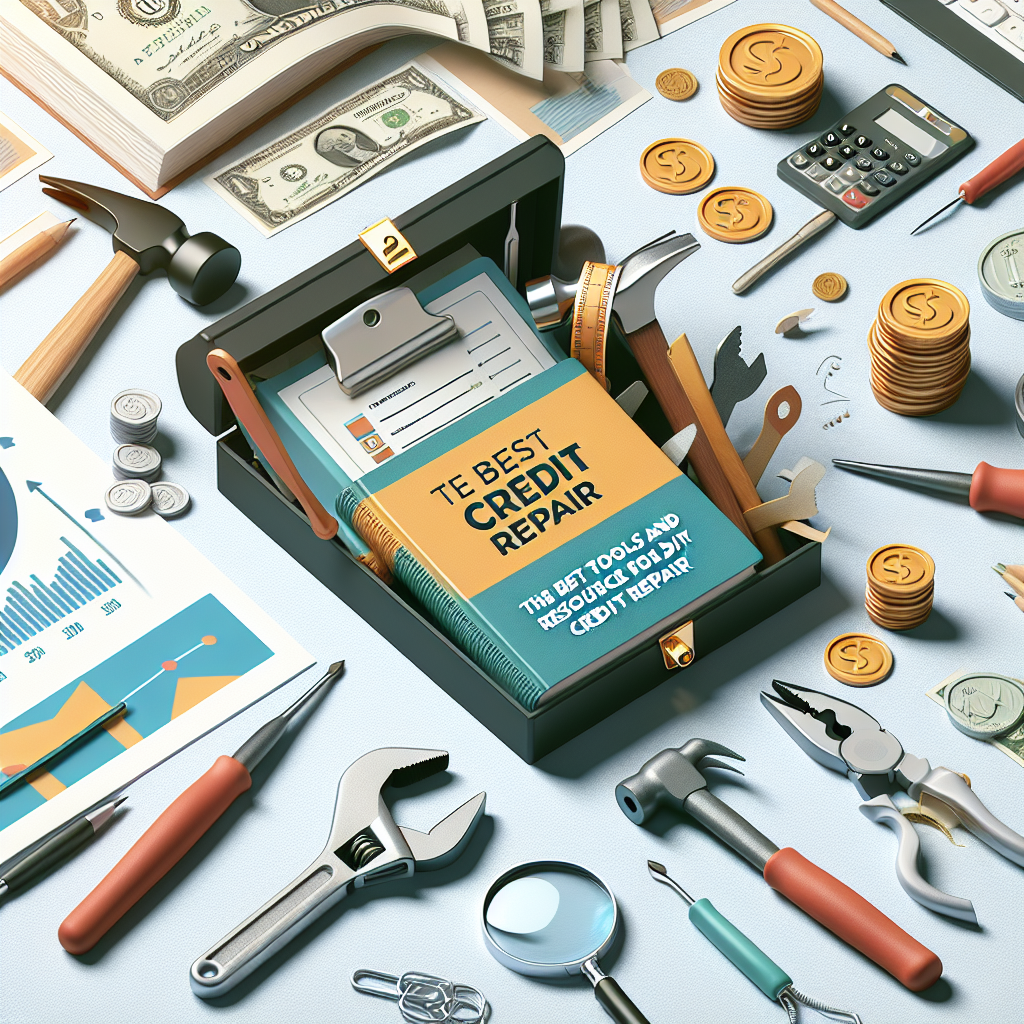When it comes to managing your financial health, maintaining a good credit score is paramount. A solid credit score can lead to lower interest rates on loans, better insurance premiums, and improved rental opportunities. Fortunately, with the right tools and resources, you can take control of your credit repair journey without incurring significant expenses. This article outlines the best tools and resources for DIY credit repair to help you achieve a healthier credit score.
Understanding Your Credit Report
Why Your Credit Report Matters
Your credit report is a detailed record of your credit history, including credit accounts, payment history, and public records. It’s essential for understanding where you stand financially and identifying areas that require improvement.
Getting a Free Copy of Your Credit Report
You are entitled to one free credit report per year from each of the three major credit bureaus: Equifax, Experian, and TransUnion. AnnualCreditReport.com is the official site where you can obtain these reports. Review them carefully for errors, outdated information, or accounts that you didn’t open, as these can negatively impact your credit score.
Essential Tools for DIY Credit Repair
Credit Monitoring Services
Using credit monitoring services can help you stay on top of changes to your credit report. Many services alert you to changes such as new hard inquiries or updates to your account status. Some popular services include:
- Credit Karma: Offers free credit scores, monitoring, and personalized recommendations.
- Experian: Provides free credit monitoring with alerts and tools to manage your credit.
- Credit Sesame: Similar to Credit Karma, but also offers insights on how to improve your credit score.
Dispute Tools
If you identify inaccuracies on your credit report, you can dispute them directly with the credit bureaus. Here are some tools to simplify the dispute process:
- Credit Repair Cloud: A comprehensive software that helps you manage disputes, track clients, and generate dispute letters.
- LexisNexis: Offers tools for credit repair professionals, including access to dispute management resources.
Budgeting and Financial Planning Apps
Maintaining a budget is crucial for managing your finances and ensuring timely payments. Here are some apps that can help:
- Mint: An all-in-one budgeting app that tracks your spending, bills, and credit score all in one place.
- EveryDollar: A user-friendly budgeting tool that follows the zero-based budgeting method, helping you allocate every dollar of your income.
Educational Resources
Online Courses and Tutorials
Several online platforms provide courses specifically focused on credit repair and financial literacy. Consider these resources:
- Udemy: Offers courses on credit repair and personal finance, ranging from beginner to advanced levels.
- Coursera: Partnered with universities, it provides courses on personal finance management.
Books and eBooks
Reading books on personal finance and credit repair can offer insights and strategies that are invaluable. A few highly recommended titles include:
- “Your Score: An Insider’s Secrets to Understanding, Controlling, and Protecting Your Credit Score” by Anthony Davenport
- “Credit Repair Kit for Dummies” by Steve Bucci: A comprehensive guide on how to improve your credit score.
Building Positive Credit Habits
Secured Credit Cards
Using secured credit cards can be an effective way for individuals with poor credit to rebuild their credit history. These cards require a cash deposit to secure a credit limit, making it easier to manage payments and avoid overspending.
Responsible Use of Credit
Establishing a habit of making timely payments on existing debts is crucial. Set up payment reminders or use apps that send you alerts before bills are due to ensure you never miss a payment.
Becoming an Authorized User
If a family member or friend has a responsible credit usage history, consider becoming an authorized user on their credit card. This approach allows you to benefit from their good credit practices, improving your score over time.
Conclusion: Taking Control of Your Credit
Repairing your credit is a journey that requires dedication and the right resources. By utilizing these tools, resources, and practices, you can effectively take charge of your credit repair efforts. Remember, achieving a good credit score doesn’t happen overnight, but with perseverance and the right strategies, your financial goals are within reach. Start today, and enjoy the long-term benefits of a healthier credit profile!

